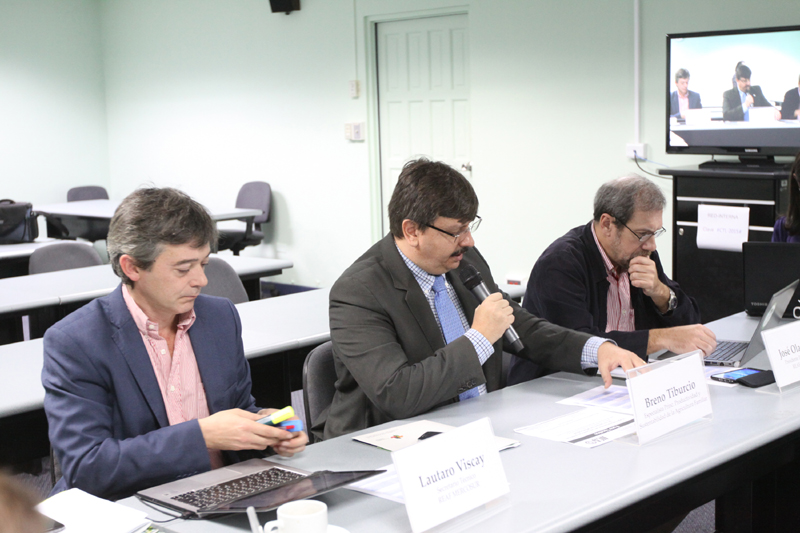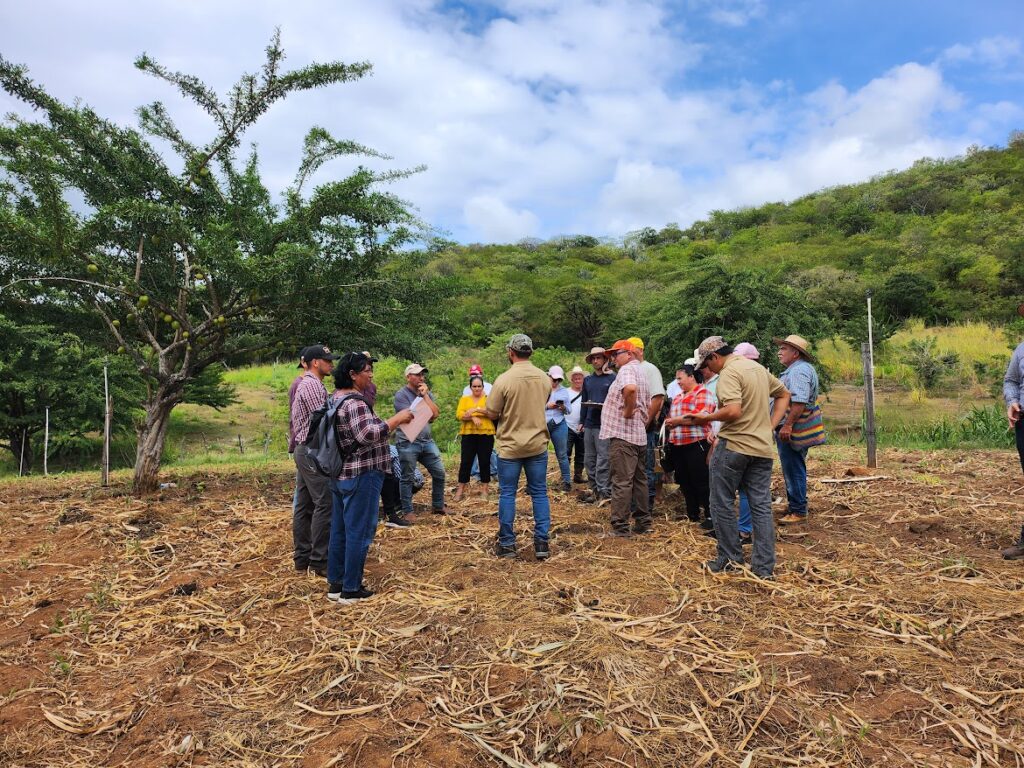At a forum organized by IICA, specialists agreed on the need to make this social category a priority on public agendas in order to devise a legal framework that will strengthen it.

San Jose, 8 June 2016 (IICA). Despite facing constraints to their development, family farmers play an important role in Latin America and the Caribbean, contributing to the economy by generating jobs and income, producing a large percentage of the food that is consumed every day, and facilitating demographic social reproduction, which makes them a focus of public policies.
Constructing a differentiated legal framework to undergird this economic activity is therefore vital. That was the conclusion reached by specialists on the subject during a technical forum organized by the Inter-American Institute for Cooperation on Agriculture (IICA), which was supported by the Specialized Meeting on Family Farming (REAF) of the Southern Common Market (MERCOSUR).
“The countries and technical cooperation agencies are faced with a number of challenges with regard to family farming, such as grasping its true importance, positioning it in public decision-making bodies, strengthening the political dialogue and ensuring that the subsector is included in appropriate public policies tailored to its needs,” observed the leader of the Institute’s Family Farming flagship project, Fátima Almada.
The participants in the event presented information about the situation and outlook for family farming in Latin America and the Caribbean, and discussed the elements that should underpin public policies.
“Policies should be integrated and coherent, incorporate technologies and assistance designed to increase productivity and sustainability in markets, and use the market as a thermometer and objective, looking at the demand in order to strengthen production,” suggested Hugo Chavarría, a specialist with IICA’s Center for Strategic Analysis for Agriculture (CAESPA).
He also stressed the importance of adaptation to climate change and environmental degradation, given the agro-ecological characteristics of the land used by family farmers, and the need to integrate them into value chains.
More information: fatima.almada@iica.int










